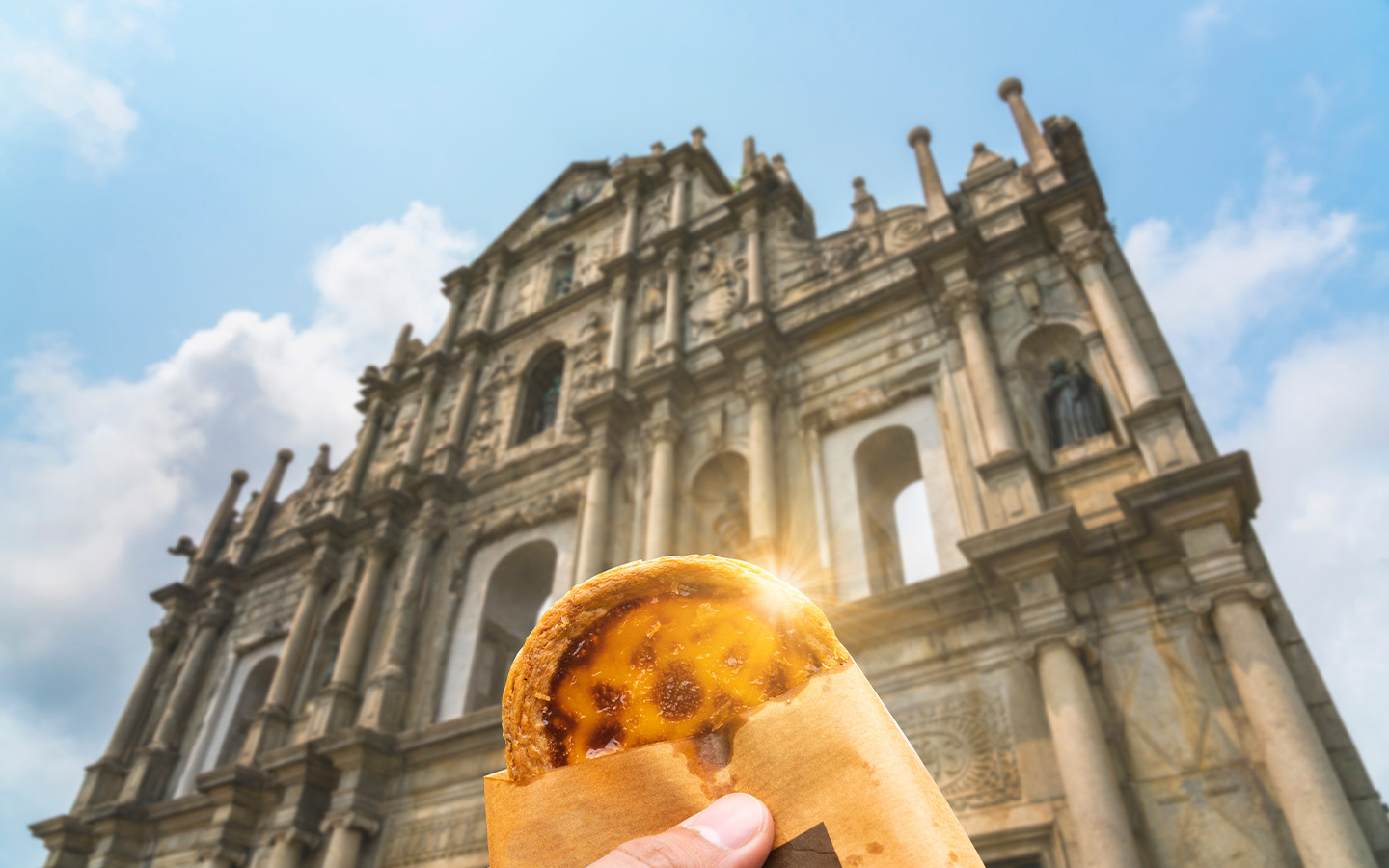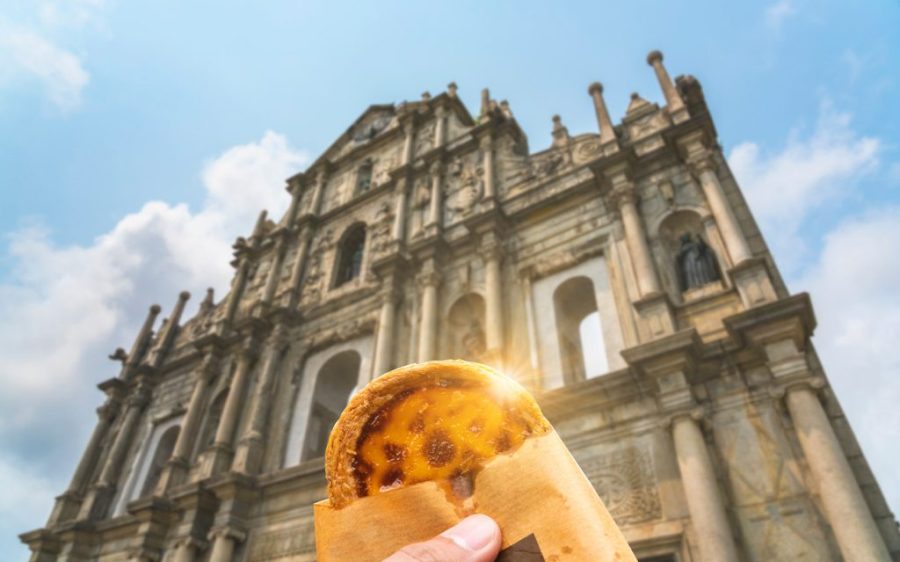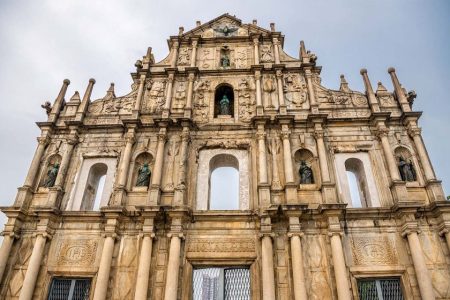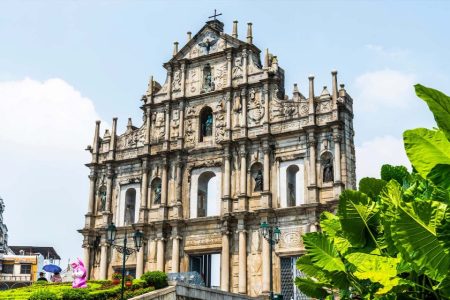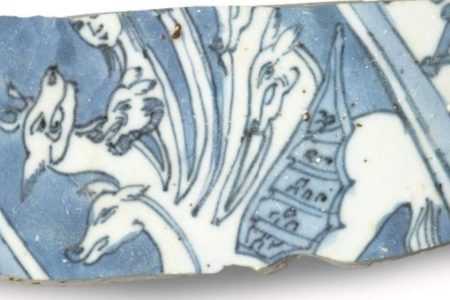Macao has officially recognised 12 more items as part of its intangible cultural heritage, granting them statutory protection. The announcement, made yesterday in an executive order by culture secretary O Lam in the Boletim Oficial (government gazette), follows the initial classification of 12 items in 2019, after the Cultural Heritage Protection Law came into effect in 2014.
Besides the “confection of Portuguese-style egg tarts,” the newly classified items also include the beliefs and customs pertaining to Earth god Tou Tei; dragon dances; lion dances; Portuguese folk dancing; the Spring Festival; Tung Ng or the Dragon Boat Festival; dragon boat races; tai chi; almond cookies; traditional Chinese wedding cakes; and the preparation of jook sing noodles.
The Cultural Heritage Protection Law, enacted in March 2014, safeguards both intangible and tangible cultural heritage. The Cultural Affairs Bureau (IC) is tasked with maintaining and updating an inventory of intangible cultural heritage to ensure its protection.
According to the bureau’s website, 15 items were first added to the inventory in 2017, with another 55 joining in 2020, bringing the current total to 70 items. The government is also responsible for classifying certain inventory items as statutorily protected, inscribing them on the List of Intangible Cultural Heritage.
[See more: Bites of heritage: How do Macao’s egg tarts differ from Portuguese pastéis de nata?]
This classification process involves public consultation and review by the Cultural Heritage Council. After a public consultation late last year, and subsequent discussions with the public and the Cultural Heritage Council, the government decided to list all 12 proposed items as statutorily protected.
With the promulgation of the executive order, Macao now boasts 24 statutorily protected items of intangible cultural heritage. This includes the 12 items listed in December 2019, such as Cantonese opera, patuá theatre, A-Ma beliefs and customs, and the preparation of herbal tea.
For those eager to delve deeper, details in English about all 70 items in the government’s Inventory of Intangible Cultural Heritage can be found on the Cultural Heritage website.
